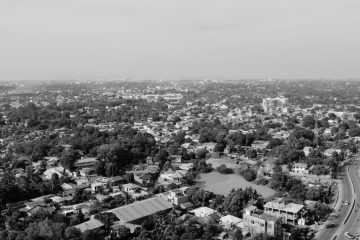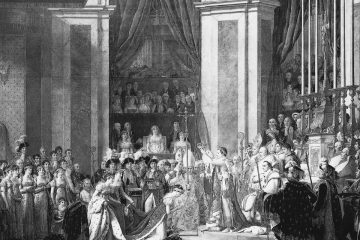What Happened On March 17th?
On this day in 1992, a referendum held exclusively for white voters delivered a resounding verdict: 68.7% voted in favor of dismantling apartheid, the system of racial segregation that existed in South Africa for nearly five decades.
Apartheid had been a deeply entrenched system, and the vote exposed the divisions within white South Africa. While a clear majority supported reform, still, a minority (31.3%) remained opposed because of their harbored fears about their personal future in a post-apartheid society.
The referendum was a gamble by then-South African President F.W. de Klerk. A leader who had initiated reforms dismantling apartheid, he needed to convince white South Africans to embrace change. A simple “no” vote could have influenced the hand of the right-wing, completely derailing the fragile peace process.
Leading up to the referendum, the pro-reform camp, led by the ruling National Party, emphasized the need for stability and economic prosperity in a post-apartheid South Africa. The opposition, led by the Conservative Party, played on white fears and anxieties about a loss of power and privilege.
Racism towards black people was felt all over the world, not just in South Africa. One month and twelve days later, Rodney King was badly beaten by the LAPD, starting the Los Angeles Riots. Black people in South Africa and America had enough and were taking action against all odds.
Remember that during this time frame, only white South Africans were allowed to vote. This excluded the Black majority, who had suffered most under apartheid. However, the international community recognized the referendum as a great step forward, hoping it would pave the way for full democratic elections.
While not directly involved, the African National Congress (ANC), the leading voice of Black South Africans, saw the referendum result as a major victory. Nelson Mandela, the ANC leader released from prison just two years prior, interpreted the “yes” vote as a validation of the struggle against apartheid.
The 1992 referendum wasn’t the end of the story; it was just starting. Complex negotiations between the ANC and the de Klerk government continued for two more years. Finally, in 1994, South Africa held its first truly democratic elections, where Nelson Mandela emerged as the country’s first Black president.





